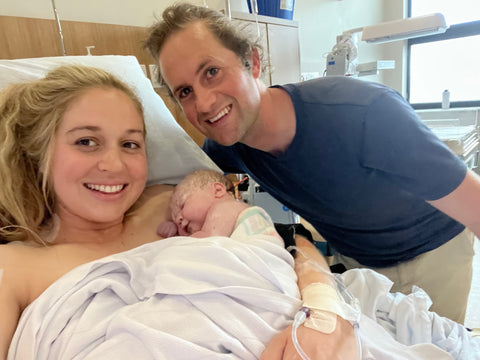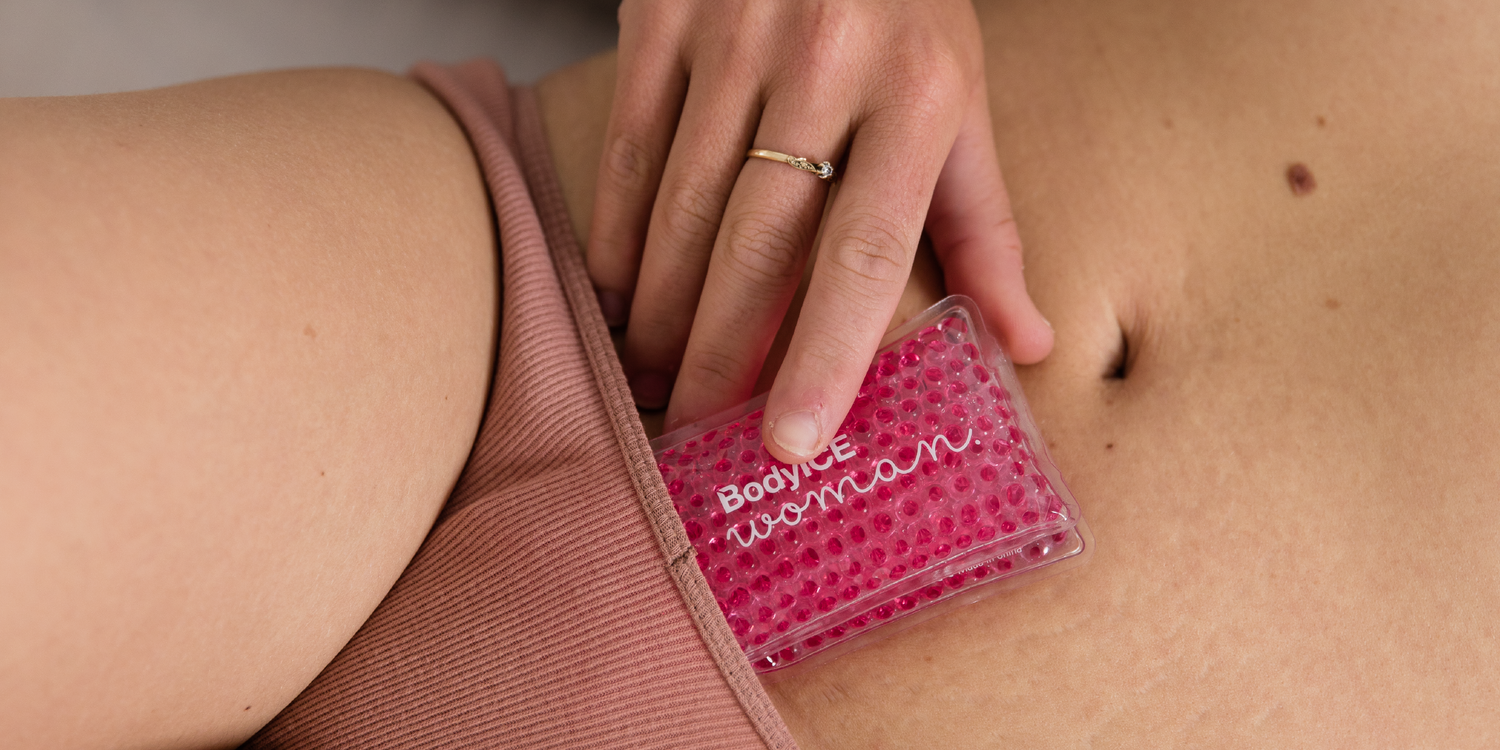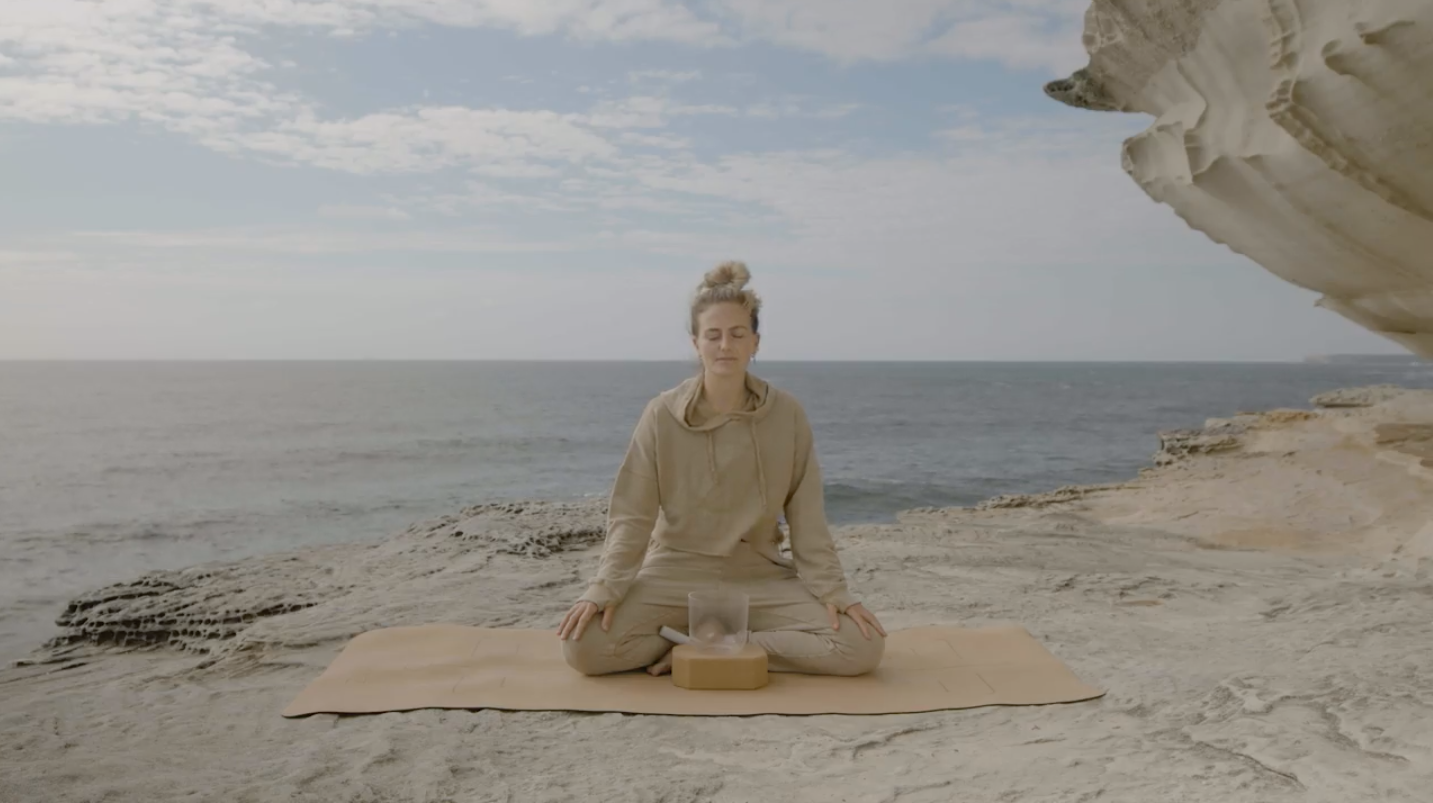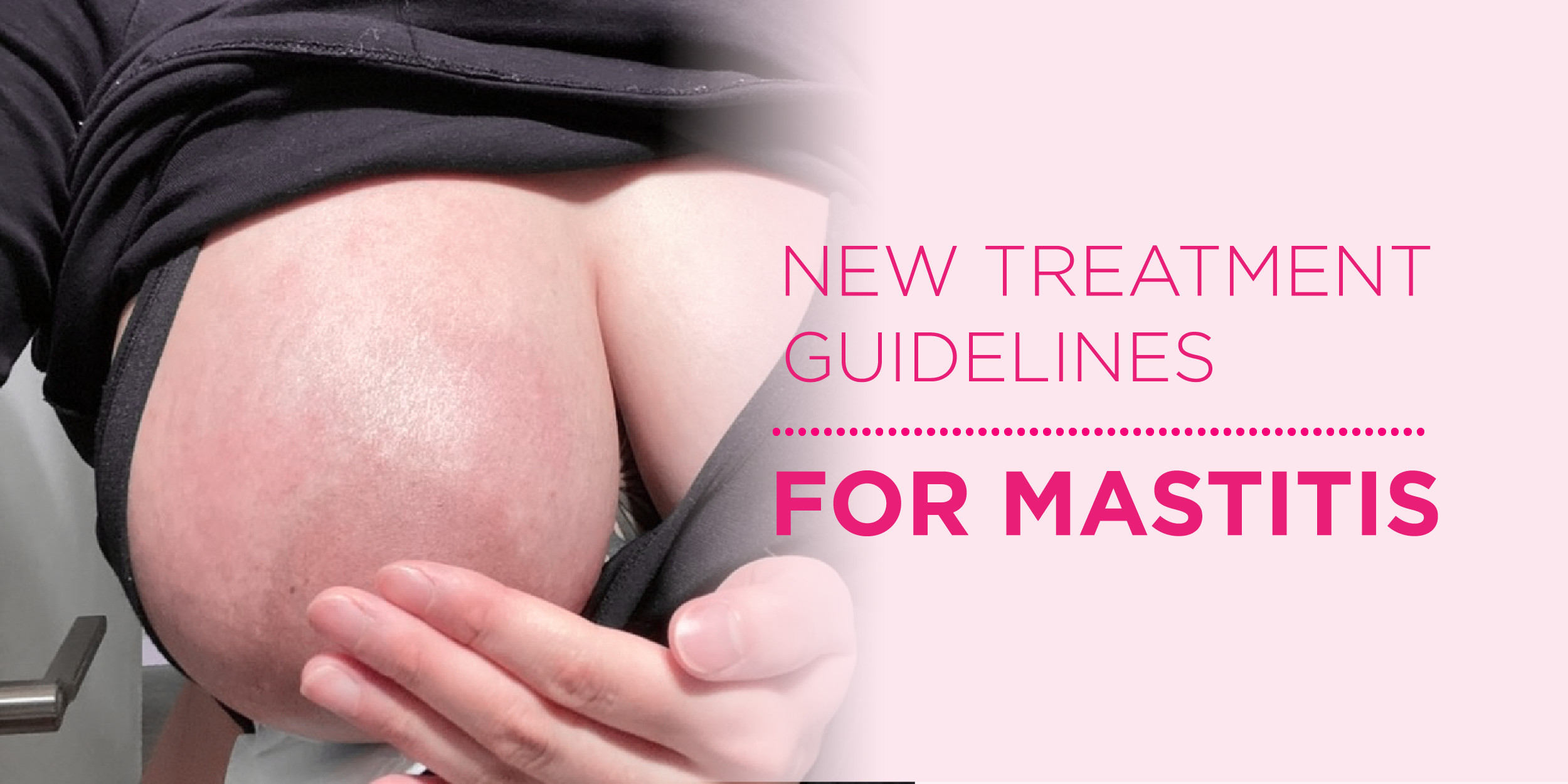Insights from a Physiotherapist and mum of two!
Just like any first time mum my hospital bag was full of instagramable baby outfits, gorgeous swaddles and unnecessary baby items. Who can blame me? I hadn’t been through this process before and I thought I would be swept up in a newborn wonderland.
There were many beautiful moments in those first few days, however, there were also some challenging times that I wish I had prepared for. This time around I thought long and hard about what I really needed to support my recovery and make my transition to motherhood easier.
So, what were the hard moments and what helped?
Let’s get straight to the point. The first Poo.

This is something that is dreaded by all vaginal birthing mums, but there are a few key products that can make it easier. As with any pharmaceuticals, always check with your individual healthcare provider to make sure they are right for you. The pain relief administered during and after birth, plus the process (workout) of birthing can leave you dehydrated. This dehydration increases your chances of becoming constipated. To reduce this ensure you have a large water bottle with you at all times, bonus points if you can open it one handed. Add a Hydrolyte in to boost your hydration and a dose of Movicol to keep your bowel motion soft and easier to pass.
The first wee

Have you ever used hand sanitiser with a paper cut? This is a similar sensation to your first wee post birth. Using a product like Ural takes away the acidity from your wee and decreases the stinging. A Peri Bottle is also a great investment as this allows you to squirt water on the area while you wee, which also helps to reduce the acidity and stinging.
Breast engorgement

Often when your milk comes in your breasts feel sore and swollen. Interestingly, we now know that engorgement has a lot to do with swelling in the breasts as the tissues change and adapt to the increased supply. Whilst people used to use cold lettuce for relief, we are now lucky enough to have specific ice packs we can pop on to help reduce the tenderness. Try the BodyICE Woman Breast Ice & Heat Packs for soothing relief. Combine this with a little lanolin balm for cracked nipples and your boobs won’t know themselves!
Swollen Labia

Okay this is something I wasn’t warned about before having a baby and wow was it a surprise! Thinking about it, it makes so much sense. When we roll our ankle it swells up, it’s not surprising that our labia, vulva and vagina swell after birthing a baby. Our body is clever and it floods the area with chemicals to help with healing. There are a few ways we can control the swelling and help reduce the associated pain. BodyICE Woman Perineal Ice Packs are a great reusable option and we have good evidence to say they decrease the pain we experience for up to 72 hours after birth. I also recommend purchasing quality compression tights or shorts that come all the way up under your bra line. These help to reduce the swelling and provide extra comfort. Bonus, they also reduce abdominal separation if worn for the first 6-10 weeks after birth.
Postpartum bleeding

Whether you birth through your vagina or belly one thing you can’t avoid is postpartum bleeding. If you are lucky enough to have your hospital provide you with nappies, they are usually big and bulky (think Tommy from Rugrats). I highly recommend getting a specialised postpartum pull up style nappy, these are a lot more comfortable and discreet. Once the bleeding has reduced (about day three) you can switch to period undies or BodyICE Woman Reusable Menstrual Pads for the remaining six weeks. These reduce irritation and are better for the planet than disposable pads!

As a mother myself I know how important the little things are in those first few days and I hope you have found this list helpful. If you are after more advice regarding the postnatal period we would love you to check out our membership!
Use code BODYICE and enjoy an incredible 30% discount off The Mother Movement’s Revive & Thrive: Postpartum Program
Author Bio:
Brianna is a Physiotherapist with postgraduate training in the pelvic floor, pregnancy and postpartum. She is also the founder of The Mother Movement, an innovative online platform designed to support mothers and mothers to be along their journey. The Mother Movement strives to provide evidence based information from health professionals, in an affordable and accessible way.






Leave a comment
All comments are moderated before being published.
This site is protected by hCaptcha and the hCaptcha Privacy Policy and Terms of Service apply.